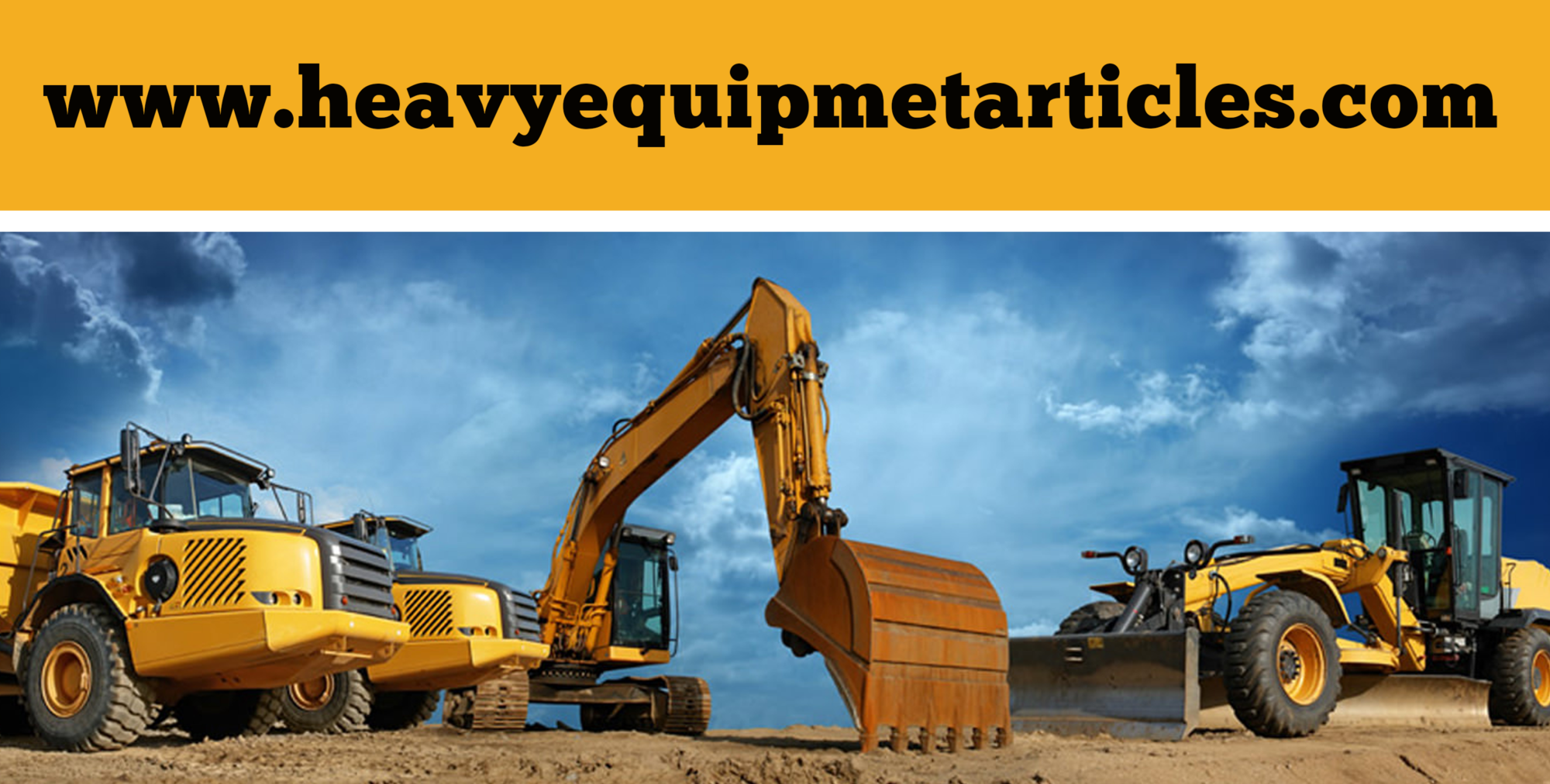Podcast: Play in new window | Download | Embed
Subscribe: Apple Podcasts | RSS
With the increase in construction projects the demand for leasing construction equipment has also increased tremendously. Construction industry is labour intensive as well as capital intensive. The contractors also need to use complex and diverse equipment such as Tractors, Excavators, and Loaders etc. Construction activities are numerous and diverse. Contractors have to manage and bring all the factors of production together such as land, labor, capital etc. Cost of all construction projects is an important factor .The contractors nave to control the budget and coordinate competent project supervision. Construction equipment are costly and the maintenance and repairing costs are also high. Specific heavy equipment requires qualified and skilled operators. Smaller contractors face financial constraints to buy heavy equipment since their budget is fixed. Bigger contractors lease or rent heavy equipments to be cost effective and also get the appropriate equipment for construction purposes.
Leasing is a lucrative option for both large and small contractors to cut down their expenses in construction projects. But there are several factors to consider before leasing heavy equipment.
Capital: When a contractor, project manager purchases new heavy equipment, they need to find out what are the best options available to them. The heavy equipment tend to decrease in value with daily wear and tear. So instead of making huge investments in buying them it is the best option to lease the heavy equipments to conserve money for unforeseen needs.
Equipment Supervision: Another factor to consider before leasing heavy equipment is equipment supervision. Heavy equipment such as scraper, cranes, excavators, loaders, rigging equipment are very costly. You need proper maintenance as well as dexterous operators to run them well. You may also require utilizing the professional operators to supervise the equipments and legalize their use.
Government Strategy: Government policies are important to consider before leasing heavy construction equipment. The government has laid down certain safety and security instructions regarding the superiority of the machines to be used in the construction site.
In the case of leasing, a contractor can ask for subtraction for the full price of the heavy equipment from the taxable earnings. Capital grants can be asked for the total price of the assets if you are leasing it for a time period of more than 5 years. In certain cases time period of 7 years is mandatory.
Wrap Lease: This leasing contract allows the contractors to merge some lease payments into a single, usual payment. This is an appropriate option for those building contractors who need to lease heavy equipment all of a sudden. Leasing combines their outstanding expenses and they can use it to invest in leasing new heavy equipment. This is extremely useful for those building contractors who are undertaking colossal and complex construction projects with volatile requirements and difficulties.
Fair Market Value Lease: Fair Market Value Lease is an extremely vital factor when you are considering leasing heavy building equipment. This option is beneficial in that case where there will be a fast decline in the value of the equipment due to usual wear and tear as a result of constant daily use. The repairing costs can be high too. These days a number of leasing companies are supplying services of expert workforce at no cost for performing maintenance and repairing work.
So leasing heavy equipment can be can be tricky task. Several factors have to be kept in mind before you make your decision to lease it. The article will give you all the information you need before leasing.


